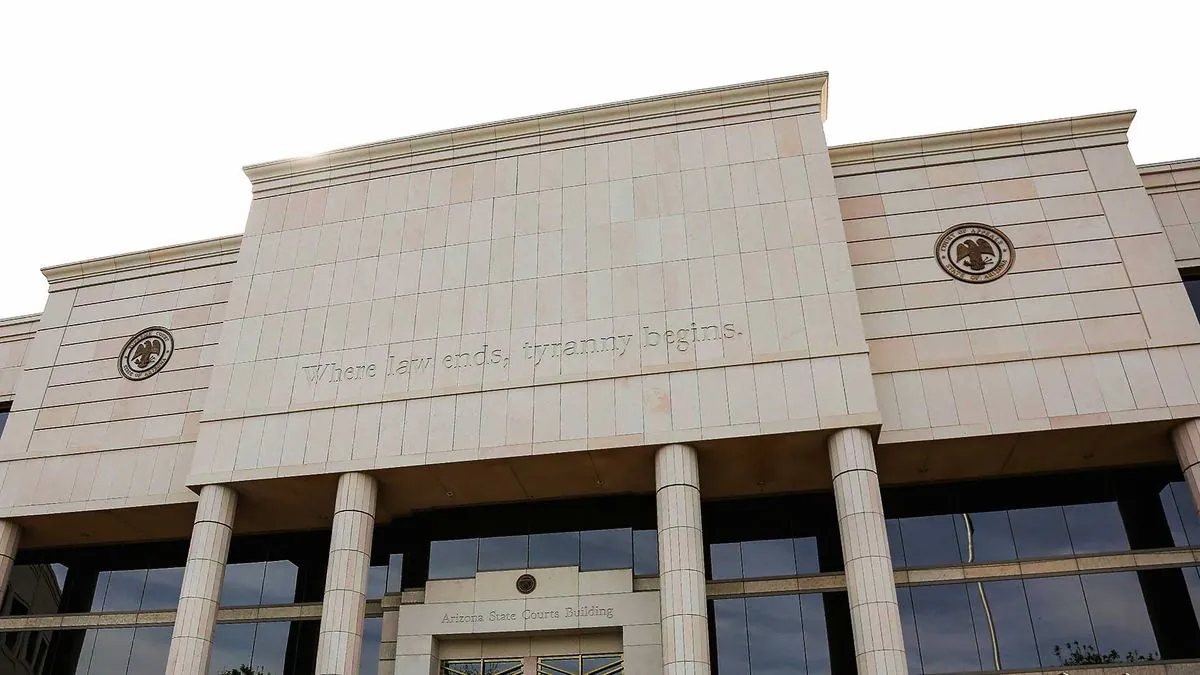On August 14, 2024, the Arizona Supreme Court made a significant ruling regarding the terminology to be used in voter pamphlets for an upcoming abortion rights referendum. The court determined that the phrase "unborn human being" can be employed when referring to a fetus in these materials.
This decision comes as Arizona prepares for a crucial vote in November 2024, where citizens will decide whether to enshrine the right to abortion in the state constitution. The ruling has sparked controversy, with abortion rights advocates expressing disappointment over the court's stance.
Currently, Arizona enforces a 15-week abortion ban, implemented by Republican lawmakers in 2022 following the U.S. Supreme Court's decision to overturn Roe v. Wade. This landmark ruling eliminated the nationwide right to abortion, shifting the issue to state jurisdictions.
The court's decision stated that the use of "unborn human being" "substantially complies" with the state law's requirement for impartiality in voter information materials. However, Arizona for Abortion Access, a coalition supporting the referendum, voiced strong disagreement with this interpretation.
"We are deeply disappointed by the ruling."
The upcoming vote in Arizona is part of a broader national trend, with at least eight states set to have abortion-related measures on their ballots for the November 5, 2024 election. This includes several battleground states that are expected to play pivotal roles in both the presidential race and congressional control.
Kamala Harris, the Democratic vice presidential candidate, has been at the forefront of efforts to rally support for these measures. The Democratic strategy aims to energize left-leaning and independent voters around the issue of reproductive rights.
Arizona's political landscape has become increasingly significant in national elections. In 2020, Joe Biden narrowly won the state, marking the first Democratic presidential victory there in 24 years. Current polls indicate another close contest between Harris and former President Donald Trump in the upcoming election.
The state's importance extends beyond the presidential race, as Arizona also features a high-profile Senate race that could determine which party controls the chamber. With 11 electoral votes and two Senate seats, Arizona has become a crucial battleground in American politics.
As the debate over abortion rights continues to shape the political landscape, it's worth noting that the concept of fetal viability, often considered to be around 24 weeks of gestation, plays a significant role in these discussions. The upcoming vote in Arizona proposes to guarantee abortion rights up to this point of fetal viability.
This contentious issue highlights the ongoing national dialogue about reproductive rights, constitutional amendments, and the balance of power between state and federal governments. As Arizona and other states prepare for these crucial votes, the outcome may have far-reaching implications for the future of abortion access in the United States.
